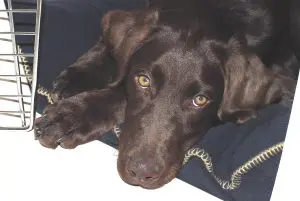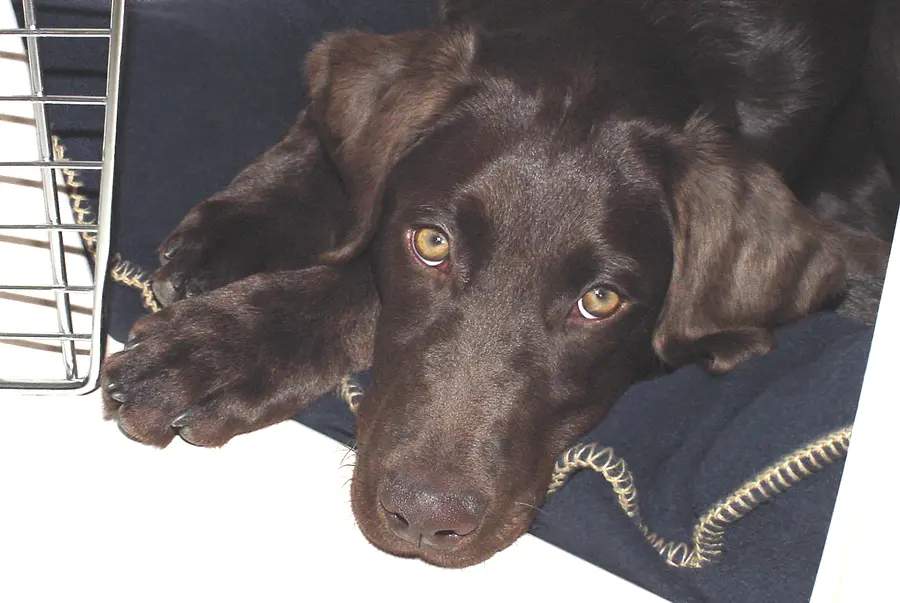Toxin Ingestion in Braselton

Signs of Toxin Ingestion in Your Pet
You may not be around when your pet starts to eat or drink something poisonous. The key to a swift and full recovery is for you to recognize the symptoms of toxin ingestion as soon as possible. Some of the things to look for are:
- Heavy drooling
- Loss of coordination or staggering
- Repeated vomiting
- Shaking or seizures
- Excess thirst
- Sudden weakness or lack of attention
- Collapsing
It’s important that you see medical attention for your pet as soon as you recognize any of these symptoms. The faster you bring your pet to Animal Emergency Care of Braselton, the better your pet’s chances are of making a full recovery. If you spot any of these symptoms, call our office to alert the doctors and to find out what to do before transporting your pet.
Steps in Pet Poison Control in Braselton
The aim in pet poison control is the same as for human beings: to do all you can to bring your pet back to good health. After you’ve found out your pet has ingested something it shouldn’t, the first step is to identify the exact substance. Try to determine how much your pet’s eaten or drunk. If you have the empty packaging, hold on to it.
Call our emergency veterinarian in Braselton at (470) 209-7222 if it’s after hours, or another veterinary clinic during daytime hours. We’ll advise you what to do to help keep your pet safe.
Make sure you have a first aid kit nearby. You may need to induce vomiting, but don’t try it unless the vet advises you to do so.
Surprising Pet Toxins
Many pet owners aren’t sure of exactly what’s toxic to pets and what’s safe for them to eat and drink. Some of the most common pet poison cases include substances everyone keeps in their home, making it that much more important for you to be aware of poisoning symptoms. Among the most common are:
- Human prescription drugs
- Over-the-counter meds, including herbal supplements
- Chocolate
- Grapes and raisins
- Sugar-free gum, which includes xylitol, a deadly poison for dogs
- Lawn and garden products
- Cleaning products
It’s clearly not possible for you to keep every toxic substance out of your house and away from your pet. Best practices include keeping cupboard doors shut, never leaving toxins out on tables and closing storage room doors.
Toxin ingestion can be a frightening experience, both for you and your pet. If it happens after your regular veterinarian’s office hours, we’re here to help. Call our office evenings or weekends for any questions you may have at (470) 209-7222.

